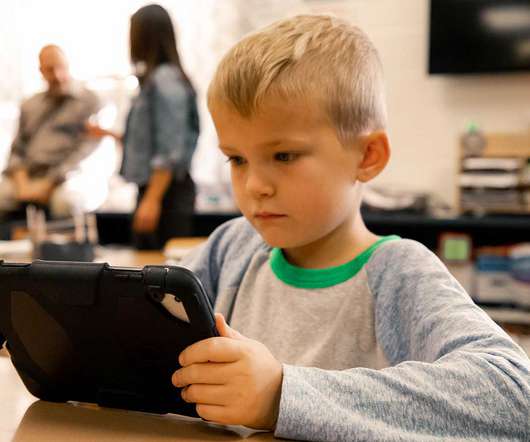The pivotal role of edtech in the hybrid classroom
Neo LMS
JANUARY 14, 2021
Here are a few reasons why: It facilitates differentiated instruction. Every student has a specific academic background, a unique set of interests and learning needs, as well as expectations of what a great learning experience should be. It improves student engagement.















Let's personalize your content